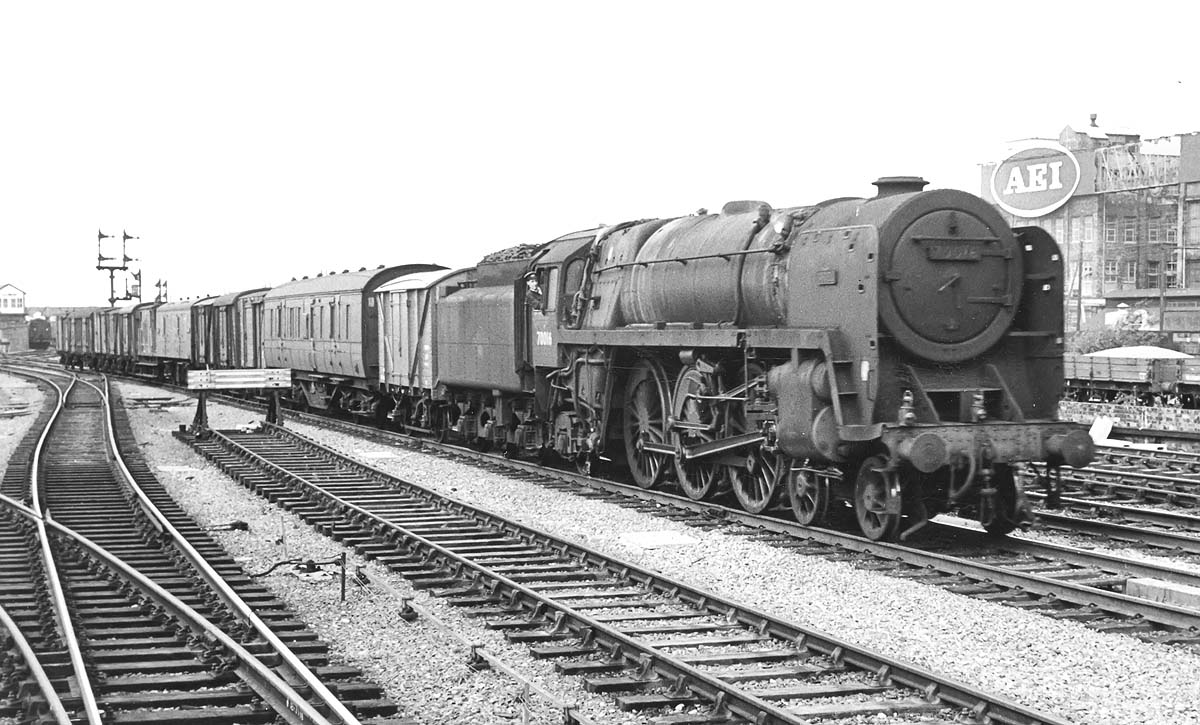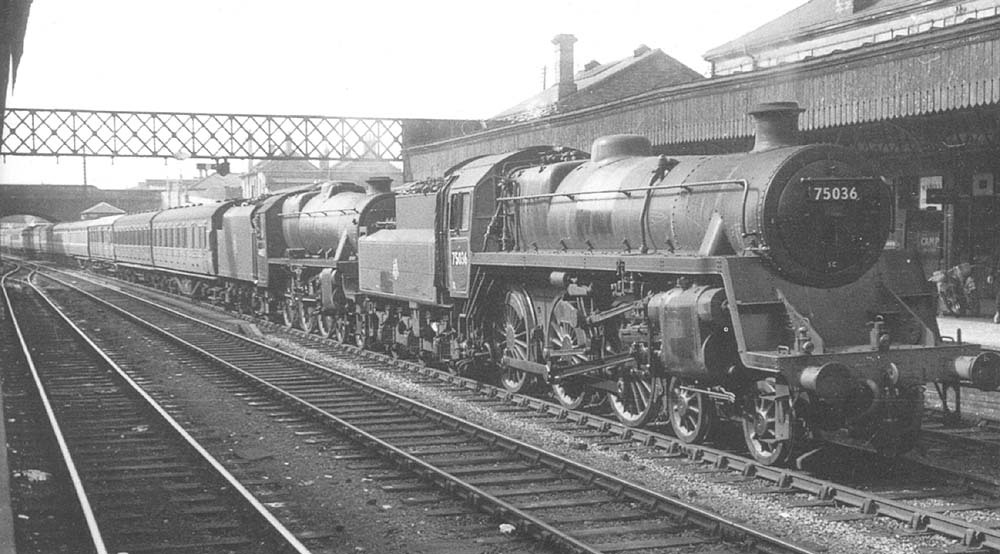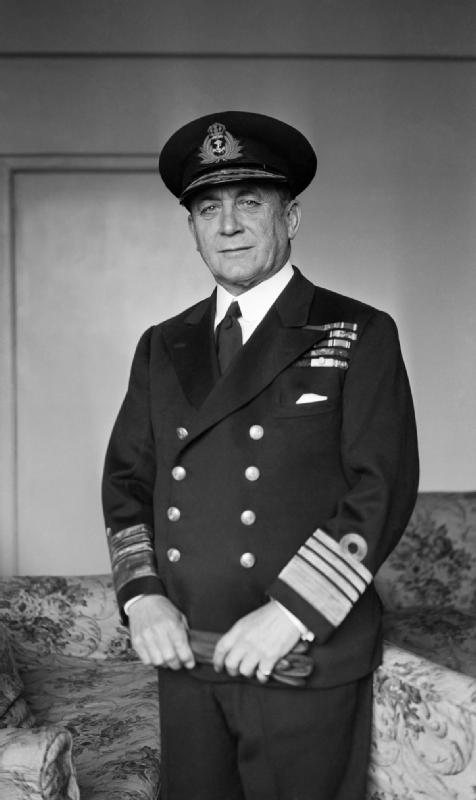Great Britain
By-Elections
The Glasgow Camlachie by-election was held on 28 January, following the death of the sitting Independent Labour Party (ILP) MP Campbell Stephen, who had held the seat since 1935. However, he resigned the ILP whip in 1947, and later that year joined the Labour Party, for who he had held the seat from 1922 until 1931. The ILP stood Annie Maxton, sister of James Maxton, who before his death had been the party’s most prominent figure. As a seat in a working class area of Glasgow, the Labour Party stood John M. Inglis, a train driver and trade unionist. Given their strong second place in Camlachie in the 1945 general election, the Conservative Party stood Charles McFarlane, a local factory owner. The Unionists stood Charles McFarlane. Despite having no background in the constituency the Scottish National Party (SNP) and Liberal Party also stood candidates. Guy Aldred, a well-known local anarcho-communist stood for his United Socialist Movement on an abstentionist anti-Parliamentary platform.
The election was narrowly won by McFarlane for the Unionists. Labour came a close second, while the ILP vote declined dramatically and demonstrated the party was no longer a significant political force. The SNP took a close fourth place, while the Liberals came in sixth, beaten even by Aldred.
The Paisley by-election was held on 18 February, caused by the death of former Conservative Prime Minister Stanley Baldwin which had the effect of elevating his son, the sitting Labour MP Oliver Baldwin, Viscount Corvedale, to become Earl Baldwin of Bewdley. The election was fought between Douglas Harold Johnston for Labour and John MacCormick, a Scottish nationalist candidate with the support of the Conservative Party and the Liberal Party, with Johnston emerging the winner by 6,545 votes.
The by-election for the constituency of Wigan was held on 4 March 1948, caused by the death of the incumbent Labour MP William Foster. The result was a hold for the Labour Party, with their candidate Ronald Williams, defeating the Conservative candidate Harold Dowling and the Communist Party candidate T. Rowlandson. An independent candidate also stood, ex-RAF airman Owen L. Roberts who fought the election for, “the peace and prosperity of the country”. He came last with just 932 votes.
The Armagh by-election was held on 5 March following the death of Ulster Unionist Party Member of Parliament William Allen. Allen had held the seat since its recreation for the 1922 general election. He had often been elected without a contest; the last election at which he had faced an opponent was in 1935, where he had taken 67.6% of the vote against Charles McGleenan, an independent Irish republican candidate.
The Ulster Unionists selected James Harden, a former British Army Major. The Northern Ireland Labour Party had never stood in Armagh and decided not to put forward a candidate. McGleenan had been a founder member of the Irish Anti-Partition League and the organisation decided stand James O'Reilly, a farmer and a Nationalist Party member of Kilkeel Rural District Council. Harden won the by-election, taking 59.7% of the votes cast.
Geoffrey Bing stated in Parliament that impersonation took place at one polling station on "a really large scale", and that two election agents who arrived to investigate were attacked by a mob of two hundred people. Harden, in response, noted that O'Reilly had agreed with him that, despite some incidents at the close of polling, the election was fair, and that he had seconded his vote of thanks to the returning officer. Harden held the seat without facing a further contest.
The Croydon North by-election was held on 11 March. The seat had become vacant when the Conservative MP Henry Willink resigned, having held the seat since a by-election in 1940. The Conservative candidate Fred Harris held the seat for his party with a much increased majority winning 54% of the votes cast.
The Brigg by-election was held on 24 March for the constituency of Brigg in Lincolnshire following the resignation of the constituency's Labour Party MP Tom Williamson, a trade union leader who had held the seat since the 1945 general election. The result was a victory for the Labour candidate Lance Mallalieu, who held the seat with a reduced majority, beating the Conservative candidate Anthony Fell.
The by-election for the constituency of Southwark Central was held on 29 April, caused by the resignation of the incumbent Labour MP John Hanbury Martin. The result was a hold for the Labour Party, with their candidate Roy Jenkins beating the Conservative candidate J. M. Greenwood.
The by-election for the constituency of Glasgow Gorbals was held on 30 September, caused by the appointment as Chair of the National Assistance Board of the incumbent Labour MP George Buchanan. The result was a hold for the Labour Party, with their candidate Alice Cullen.
The by-election for the constituency of Stirling and Falkirk was held on 7 October, caused by the death of the incumbent Labour MP Joseph Westwood. The result was a hold for the Labour Party, with their candidate Malcolm MacPherson.
The by-election for the constituency of Edmonton was held on 13 November, caused by the death of the incumbent Labour MP Evan Durbin. The result was a hold for the Labour Party, by Austen Albu.
The by-election for the constituency of Glasgow Hillhead was held on 25 November, caused by the appointment as a Lords of Appeal in Ordinary of the incumbent Unionist MP James Reid. The result was a hold for the Unionist Party, with their candidate Tam Galbraith defeating Labour candidate T. A. MacNair.
Iraq
Parliamentary elections were held in Iraq on 15 June. The majority of seats (130) were won by independents. The Istiqlal Party won 5 seats, the National Democratic Party 2 seats and the Liberal Party 1 seat.
Kenya
General elections were held in Kenya during May.
The seats in the Legislative Council are distributed according to a race-based franchise. Eleven Europeans were elected from single-member constituencies defined as Part A; five Africans (two of which are required to be Muslims) were elected from three Part B constituencies, and one Arab was elected from a single nationwide Part C constituency. Six Africans and seven Europeans were nominated members.
Singapore
The Labour party was established on 23 March 1948 by several trade unionists.
General elections were held for the first time on 20 March, when 8 of the 22 seats on the Legislative Council became directly-elected. Voting was not compulsory and a restricted to British subjects, who constituted around 2% of the 940,000 population. Although various organisations called for a boycott of the elections, voter turnout was 63.1%.
The Progressive Party (PP) was the only contesting party, winning five of the eight elected seats, the others going to independents.
Of the 22 seats in the Legislative Council, eight are elected, two nominated by commercial organisations (the Singapore Chamber of Commerce and the Chinese Chamber of Commerce) and twelve appointed by the British authorities; these included the Governor, Colonial Secretary, Financial Secretary, Attorney-General, Solicitor-General, two Directors, two ex officio Commissioners and four non-officio ones.
A by-election was held in the Rural West constituency on 16 October. Independent candidate Balwant Singh Bajaj was elected with 55.5% of the vote, taking his seat on 19 October.
Sudan
Constitutional reforms in 1948 replaced the appointed Advisory Council with a Legislative Assembly. The new Assembly had 75 members, of which 10 were appointed by the Governor-General, 42 elected by electoral colleges in northern provinces, 13 nominated by the provincial councils in the three southern provinces and 10 directly-elected in Khartoum and Omdurman.
Parliamentary elections were held on 15 November.
The elections were boycotted by pro-Egyptian parties, leaving only the Umma Party and the Independence Front to contest the elections. Demonstrations led to the deaths of 10 deaths and 100 injured.
The Umma Party won 26 seats and the Independence Front 4. Most of the remaining 44 members had been elected due to the influence of officials and sheikhs. Voter turnout in the directly-elected seats was only 18%.
The newly-elected Legislative Assembly met for the first time on 15 December 1948. The Umma Party's Abdallah Khalil was elected Speaker.




